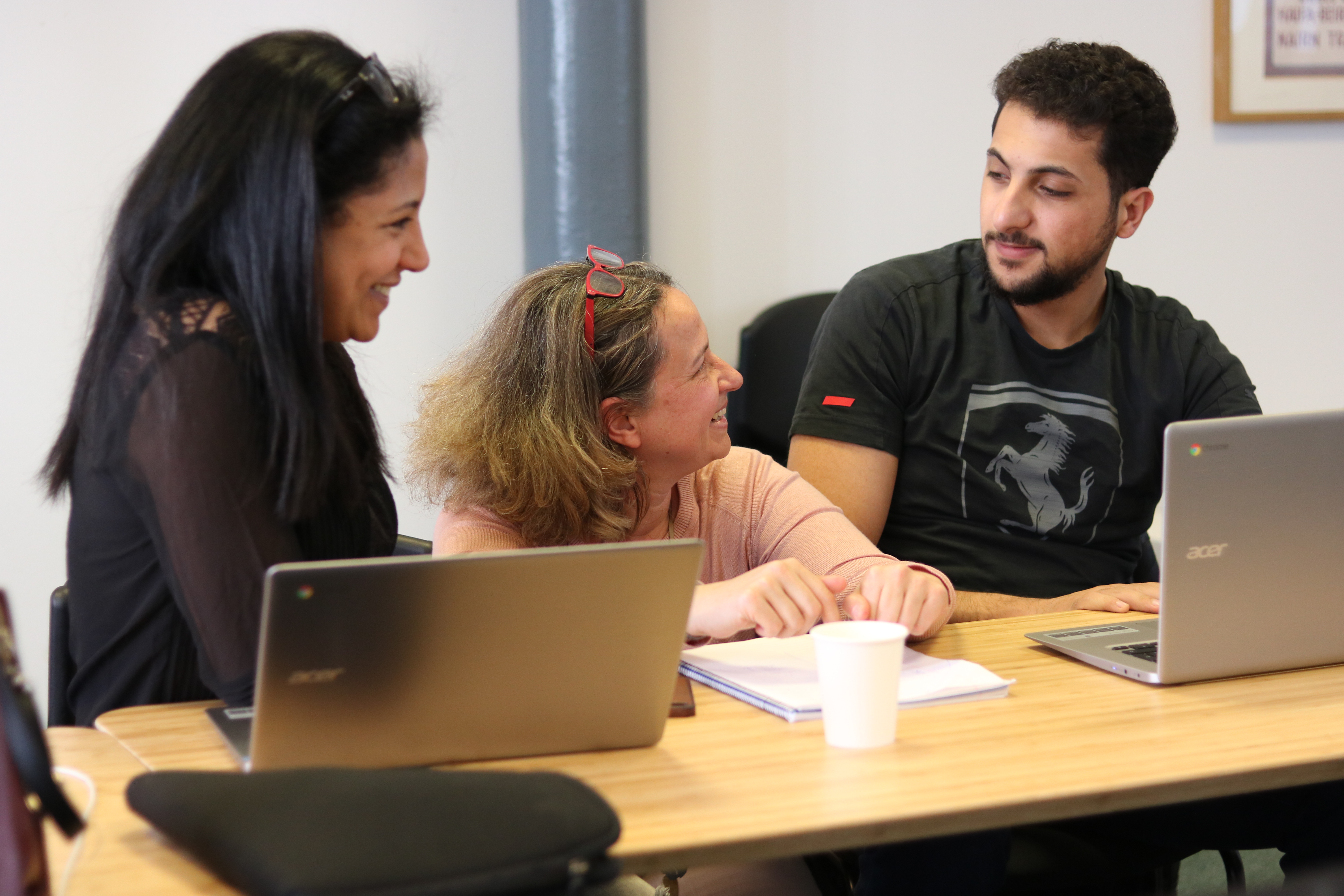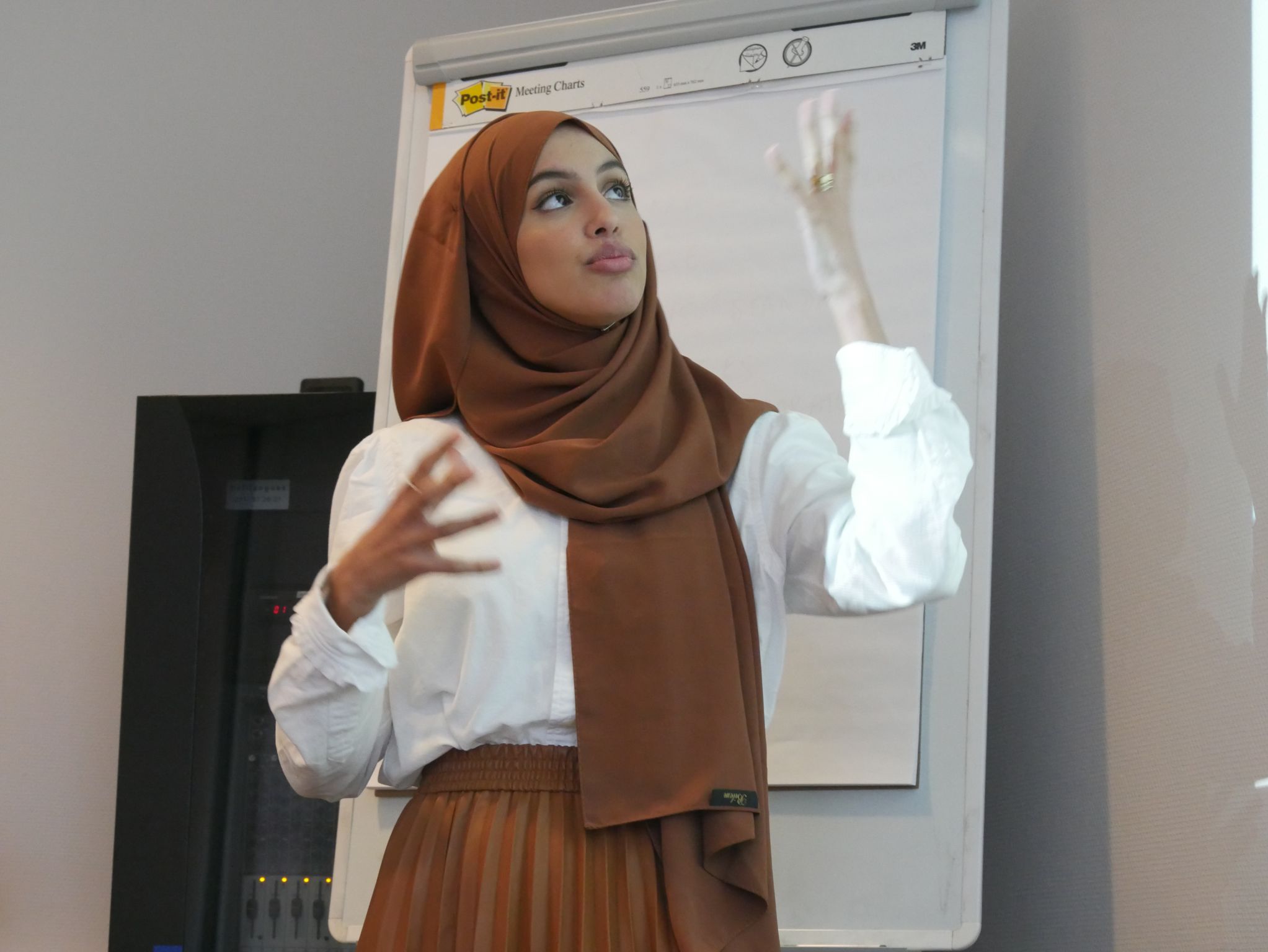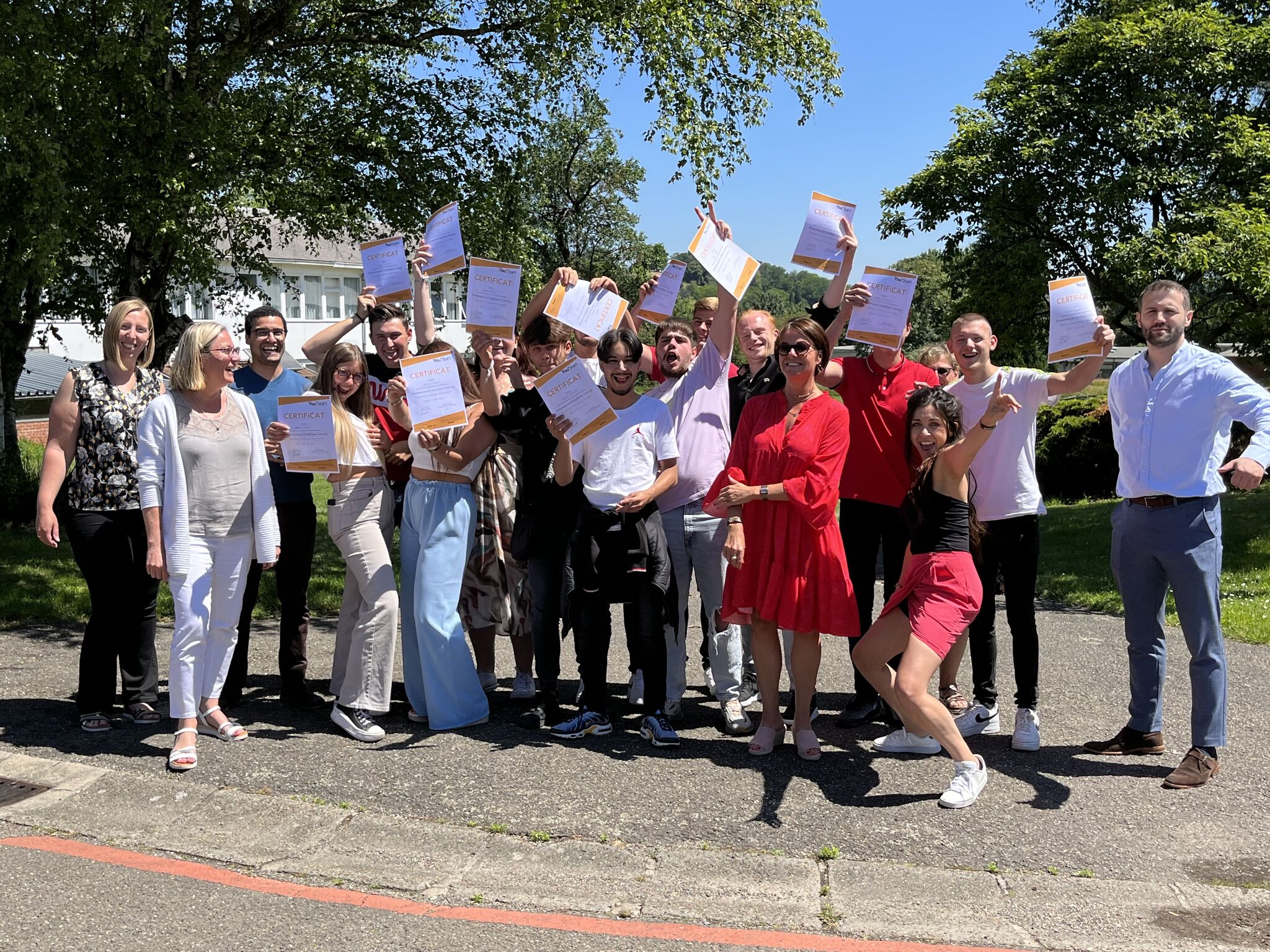Sioen invests in youth development by donating EUR 10,000 contribution to VZW YouthStart for three years

Sioen supports VZW YouthStart with €10,000
YouthStart offers young people between 16 and 30 years old, who do not work, do not follow training and do not go to school, a free training of 8 days. In this training they take on the role of an entrepreneur and discover their talents.
The initiative has its origins in the US. The American founder, Steve Mariotti, was attacked by a group of young people and afterwards founded the Network For Teaching Entrepreneurship (NFTE), an organization that trains vulnerable young people and teaches them the basics of entrepreneurship.
The current chairman of YouthStart Gaëtan Hannecart, learned NFTE as a case study at Harvard for 25 years and decided to bring the concept to Belgium.

Sponsors
The original founders were also the main sponsors. Now, 25 years later, YouthStart already has more than 100 different sponsors. Sioen is now one of them. For the next three years, Sioen will sponsor 10,000 euros annually to the non-profit organization, making us a silver sponsor.
René Philips, the CEO of the non-profit organization says that there are three types of major sponsors: "There are different levels of sponsor of YouthStart. From €10,000 you are a silver sponsor, between €20,000 – €40,000 you are a gold sponsor and from +€50,000 you are a platinum sponsor." These are large sums of money, but according to René is very logical. "It is not surprising that the starting amounts are so high when you know that one training quickly costs € 10,000 and we have an average of about 100 training courses per year. Of course, it is also possible to donate as a private individual a tax-deductible contribution." According to the CEO, 87% of all sponsorship money goes to training. The other 13% goes to the costs for fundraising and general management of the non-profit organization.
Diversity
In the beginning, the training courses were only offered in Dutch, later French was also added. Meanwhile, training courses are offered both languages in more than 20 cities in Belgium. "We specifically chose to go for the two major national languages and not for English. We want to prepare and activate young people to work in Belgium, to continue their studies or to start their business here," says CEO René Philips. 
There is also a great diversity of young people present. The number of boys and girls is almost the same. However, it is expected that every starting young person can communicate in Dutch or French.
Range
"To reach our target group, there are 2 different and important channels, on the one hand the traditional social channels and on the other hand the social media", says René. "In the beginning, the traditional social was the most important one. We could count on social welfare centres, cities and municipalities that are committed to young people seeking opportunities." Now YouthStart is counting more and more on the power of social media. "Many young people are less on the radar of the social players, so we have to constantly look for other ways to reach those young people," he says.
According to René, it is important that all ways of registering are as accessible as possible, in such a way that young people can register in a few clicks.
Nevertheless, it remains a challenge to engage the young people to participate effectively in the training courses after their registration. "Figures show that most young people only come to class if the training is given less than 5 km from their home." Even during training, an average of a quarter drop out. This is sometimes because the person in question has found a job, no longer likes it or sometimes because of family issues. In the latter case, it does happen that young people register for a training a second time.

Training
Each training builds on the curriculum but is unique in its approach. Per training there are two trainers who adapt the content of the training to the interests and abilities of the group. On the first day, each participant receives their own laptop that they can use freely during the training. "We spread the eight training days over about 3 weeks, so young people have enough time to work out their ideas." During the training, young people get to know themselves and their interests. They are taught soft and hard skills and learn how to turn their idee into a business idea. They can then present that business idea on the last day of the training at a company that sponsors YouthStart.
As a sponsor, Sioen will also welcome a group of about ten young people who will present their ideas. An ultimate opportunity for both parties, the CEO calls it: "In this way, the young people can expand their network and end up being employed in a company. It is also a suitable time for the companies that connect with the young people, and to put their company and the vacancies in the spotlight." At the end of their presentation, each individual receives a YouthStart certificate.
"It's a positive moment with constructive feedback. Everyone has talent and we activate that," concludes René.

